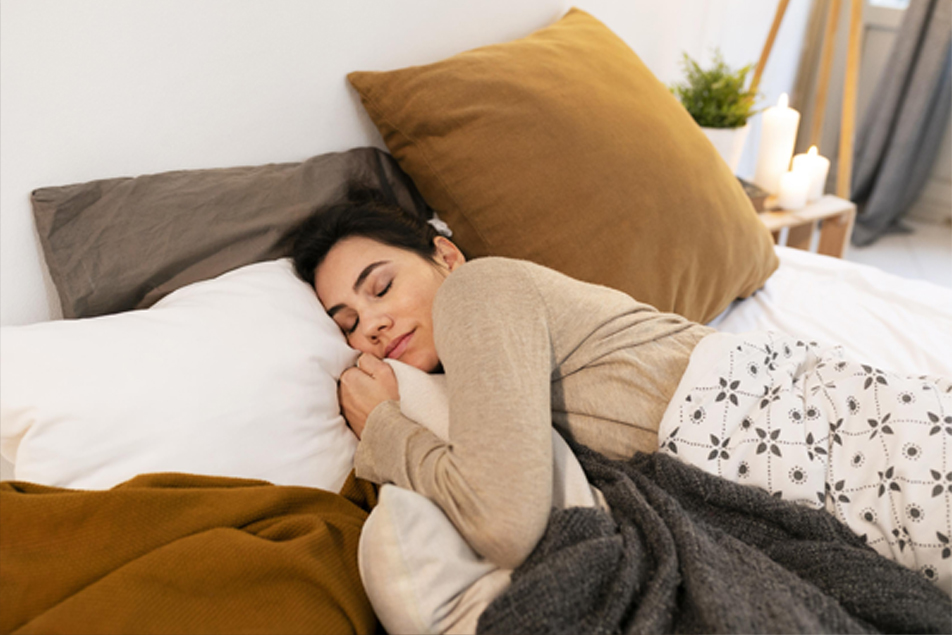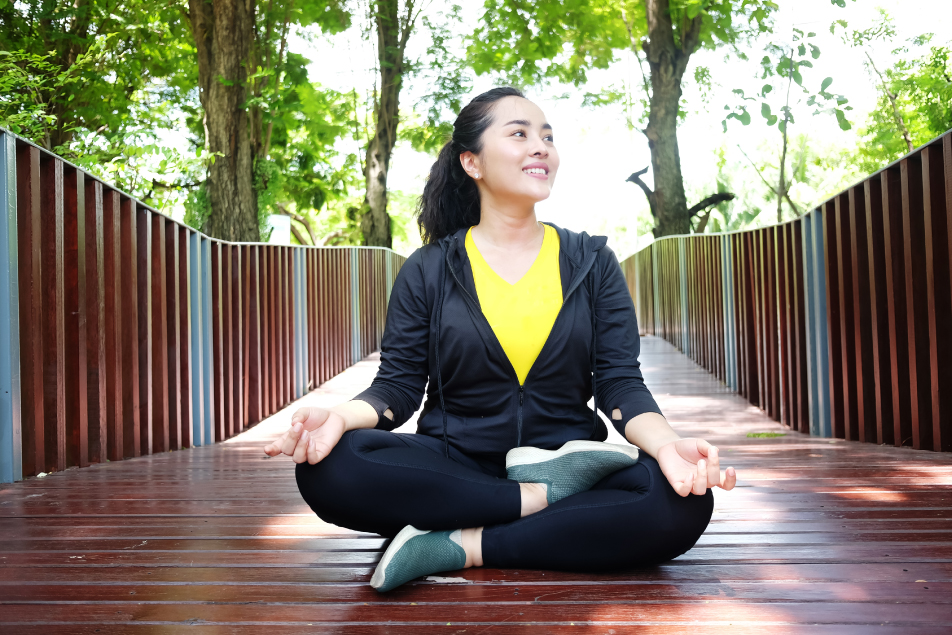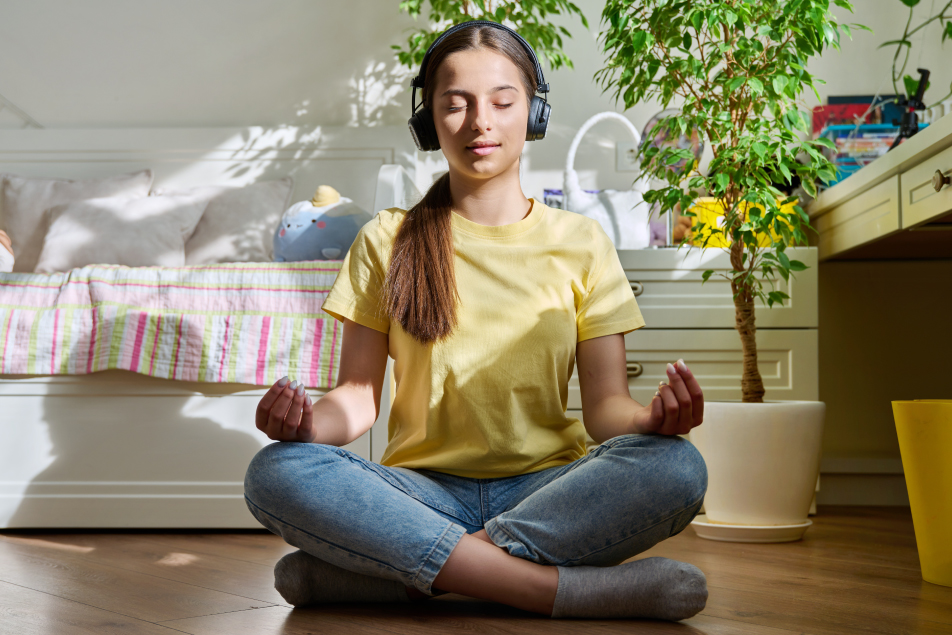In today’s fast-paced world, sleep often gets pushed to the bottom of the priority list. Whether it’s due to work stress, late-night screen time, or anxiety, many people struggle to get the quality rest they need. However, sleep is one of the most crucial aspects of health, directly affecting everything from mental clarity to immune function, emotional well-being, and even physical performance. So, how can you get better sleep and wake up feeling refreshed and energized?
In this guide, we’ll explore some practical tips and strategies to help you improve your sleep hygiene, create the ideal sleep environment, and establish habits that promote a restful night’s sleep.
1. Stick to a Consistent Sleep Schedule
One of the most effective ways to improve your sleep is to establish a consistent sleep schedule. Going to bed and waking up at the same time every day-yes, even on weekends-helps regulate your body’s internal clock, known as the circadian rhythm. This makes it easier to fall asleep and wake up naturally, leading to better sleep quality.
How to do it:
- Choose a bedtime that allows for 7–9 hours of sleep, which is the recommended amount for most adults.
- Try to wake up and go to sleep at the same time each day, even on weekends. This helps your body maintain a rhythm.
- Avoid hitting the snooze button. It can interrupt your sleep cycle and leave you feeling groggier.
2. Create a Relaxing Bedtime Routine
A calming pre-sleep routine signals to your brain that it’s time to wind down. Doing relaxing activities before bed, such as reading a book, meditating, or taking a warm bath, can help calm your mind and prepare your body for sleep.
How to do it:
- Set aside 30–60 minutes before bed for activities that help you relax. Avoid stimulating activities like work, exercise, or intense discussions.
- Consider journaling to clear your mind of any stress or thoughts that may keep you awake.
- Limit screen time. The blue light emitted by phones, tablets, and computers can interfere with melatonin production, the hormone that regulates sleep.
3. Optimize your Sleep Environment
Your bedroom environment plays a huge role in the quality of your sleep. An ideal sleep environment is dark, quiet, and cool, which allows your body to relax fully and enter deeper stages of rest.
How to do it:
- Keep your bedroom cool: Most people sleep better in a cool environment, around 60–67°F (15–20°C). You may want to adjust the thermostat or use a fan.
- Limit light exposure: Use blackout curtains or an eye mask to block light, and avoid bright lights during your bedtime routine.
- Reduce noise: If you live in a noisy area, consider earplugs or a white noise machine to help mask background sounds.
- Comfortable bedding: Invest in a comfortable mattress and pillows that suit your sleep position. A supportive mattress can make a significant difference in sleep quality.
4. Be Mindful of Your Diet
What you eat can have a big impact on how well you sleep. Some foods promote restful sleep, while others can disrupt your ability to fall or stay asleep.
How to do it:
- Eat sleep-promoting foods:
Foods rich in magnesium, melatonin, and tryptophan can help improve sleep. Examples include:
- Magnesium-rich foods like almonds, spinach, and pumpkin seeds
- Melatonin-rich foods like cherries, grapes, and tomatoes
- Tryptophan-rich foods like turkey, nuts, and seeds.
- Avoid heavy meals close to bedtime:
Eating large or spicy meals late at night can cause indigestion, which can interfere with sleep. If you’re hungry before bed, opt for a light snack like a banana or a handful of nuts.
5. Regular Exercise (But Not Too Late)
Exercise is one of the best ways to improve sleep quality. Regular physical activity helps reduce stress, anxiety, and depression-all of which can interfere with sleep. It also promotes deeper, more restorative sleep.
How to do it:
- Aim for at least 30 minutes of moderate exercise most days of the week.
- Ideally, finish any vigorous exercise at least 3 hours before bedtime to avoid increasing adrenaline or raising your heart rate right before sleep.
- Activities like yoga, stretching, or meditation can also promote relaxation and improve sleep if done closer to bedtime.
6. Manage Stress and Anxiety
Stress is one of the most common sleep disruptors. If you find yourself lying awake at night, ruminating over worries or feeling anxious, it can be hard to relax enough to fall asleep.
How to do it:
- Practice mindfulness or meditation: Deep breathing, progressive muscle relaxation, or guided meditations can calm the mind and body, preparing you for sleep.
- Create a “worry time”: If you find yourself overwhelmed with thoughts at night, set aside time earlier in the day to jot down any worries or tasks on your mind. This can help clear your mind before bedtime.
- Limit screen exposure: Try to avoid watching stressful or stimulating content (like the news or intense TV shows) right before bed, as it can raise cortisol levels, making it harder to fall asleep.
7. Get Sunlight Exposure During the Day
Sunlight exposure during the day helps regulate your sleep-wake cycle by supporting your body’s production of melatonin. Natural light helps reinforce the body’s circadian rhythm, making it easier to fall asleep at night.
How to do it:
- Try to get outside in natural light for at least 20–30 minutes every day, ideally in the morning. This can be as simple as taking a walk during lunch or sitting by a window during the day.
- If you live in a place with limited sunlight, consider using a light therapy box, especially during the winter months, to mimic natural sunlight.
8. Address Sleep Disorders
Sometimes, despite your best efforts, sleep problems persist. Conditions such as insomnia, sleep apnea, or restless leg syndrome can interfere with sleep quality. If you’re experiencing persistent sleep disturbances, it’s important to consult with a healthcare provider.
How to do it:
- Speak with a doctor or sleep specialist if you suspect you have a sleep disorder.
- Cognitive Behavioral Therapy for Insomnia (CBT-I) is a highly effective treatment for chronic insomnia.
- A sleep study may be required to diagnose conditions like sleep apnea.
Conclusion
Getting better sleep requires a combination of consistency, lifestyle changes, and creating an optimal sleep environment. By following the tips outlined above, you can improve your chances of falling asleep faster, staying asleep longer, and waking up feeling refreshed. Remember, sleep is just as important as diet and exercise when it comes to your overall health. Prioritizing good sleep habits is one of the best investments you can make for your physical, mental, and emotional well-being.
So, start small-choose one or two strategies to incorporate into your routine and gradually work towards building a better sleep plan.




